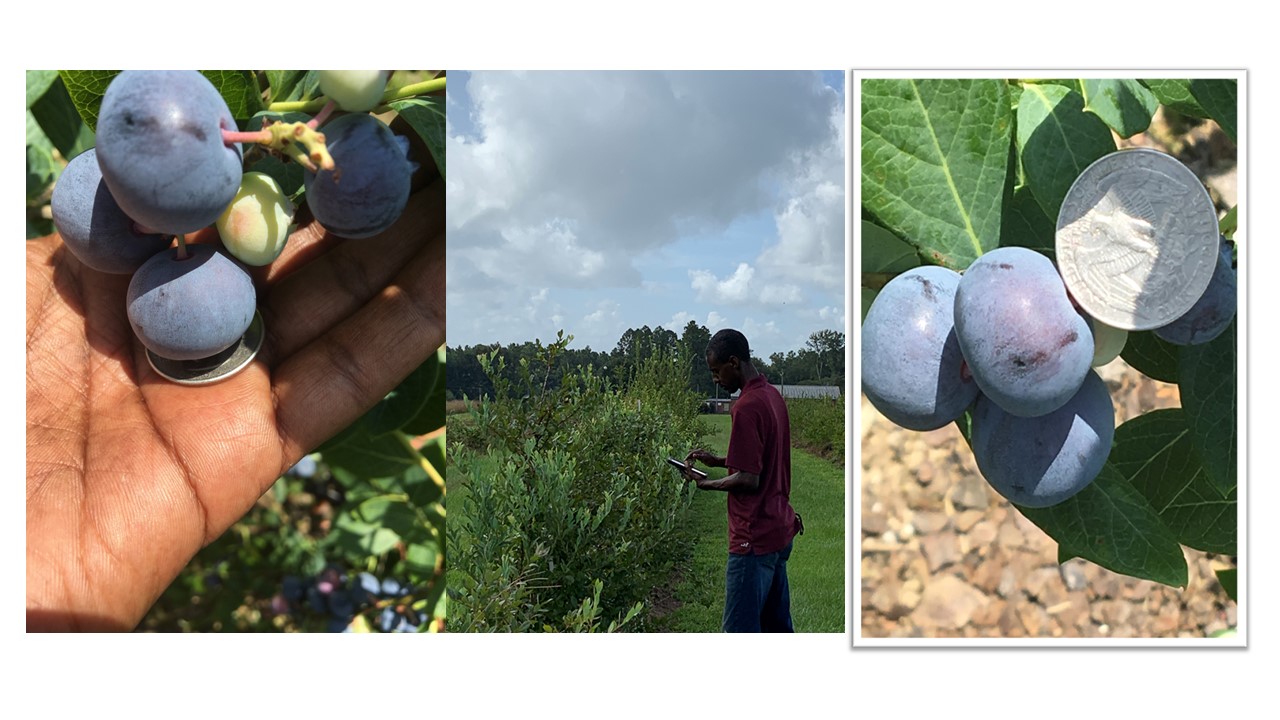| Dr. Ebrahiem Babiker says farewell to Poplarville but hello to Starkville! |

|
Dr. Babiker joined the USDA ARS-TCSHL on July 25, 2016, and started serving as Lead Scientist since 2017; however, in March of 2024 Dr. Babiker was promoted to Research Leader of the USDA ARS Corn Host Plant Resistance Unit at Mississippi State, MS. We congratulate Ebrahiem on his promotion and great scientific impact and also look forward to our continued and future collaborations! Some highlights of his outstanding career are below:
Dr. Babiker serves by invitation on the editorial board of Breeding Science journal published by the Japanese Society of breeding, as associate editor for PhytoFrontiers published by the American Phytopathological Society. On the international front two graduate students from Kyoto University visited Dr. Babiker’s Lab. Dr. Babiker served as a mentor for two USDA Wallace-Carver Fellows, two HACU students, and co-supervised five graduate students. Dr. Babiker served on a review panel for the USDA Urban Agriculture and Innovation Production Competitive Grants Program. Dr. Babiker published 44 research articles in peer-reviewed journals (17 as the primary author or corresponding author) and received invitations to present research results at major scientific forums in the U.S., Canada, India, Mexico, and Australia. Dr. Babiker’s publications have received 917 citations with an h-index of 19 (Google Scholar). As result of these efforts, Dr. Babiker has been an essential collaborator in the breeding insight platform, the VacCAP, a counterpart researcher in a joint research project with Kyoto University, Japan, and Co-PI on the NIFA-AFRI funded grant worth a total of $497,827.
The development of genomic resources allows the discovery of the genetic basis of important traits and increased breeding efficiency through marker-assisted breeding. Dr. Babiker developed valuable diagnostic assays for the stem rust resistance genes Sr11, Sr15, and Sr28 and described a new source of field resistance to the Ug99 race group. Dr. Babiker collaborated with scientists to develop a consensus map of hexaploid oat and map genomic regions associated with resistance to crown and stem rust diseases. In addition, Dr. Babiker characterized and sequenced a diverse panel of blueberry genotypes, discovered SNPs, and mapped genomic region associated with adaptation traits. Dr. Babiker contributed new information about the genetic diversity and population structure of SHB genotypes and clarified the genomic ancestry of blueberry. In addition, Dr. Babiker assembled and annotated the first chromosomal-level reference genome for V. darrowii. Accordingly, Dr. Babiker shared DNA sequence data with the USDA ARS breeding insight platform and the Vaccinium Coordinated Agricultural Project (VacCAP) to design two high-throughput genotyping platforms. Through collaborative efforts, Dr. Babiker built a database for the ARS blueberry breeding programs and developed unified phenotyping methods. Recently, Dr. Babiker assembled and annotated a long-read genome for muscadine grapes and identified genes involved in resistance to Pierce’s disease (PD). In addition, Dr. Babiker generated a high-quality draft genome and gene annotation of Xylella fastidiosa, which causes PD in muscadine and bunch grapes. These efforts provided new m olecular tools for breeders for use in genetic mapping and cultivar development.
olecular tools for breeders for use in genetic mapping and cultivar development.
